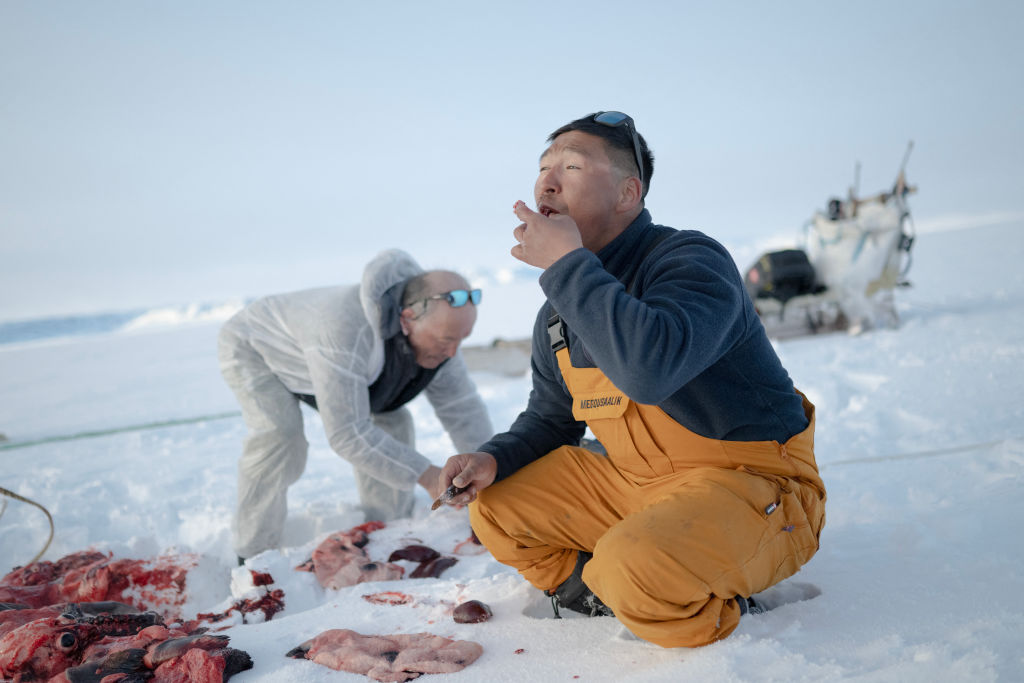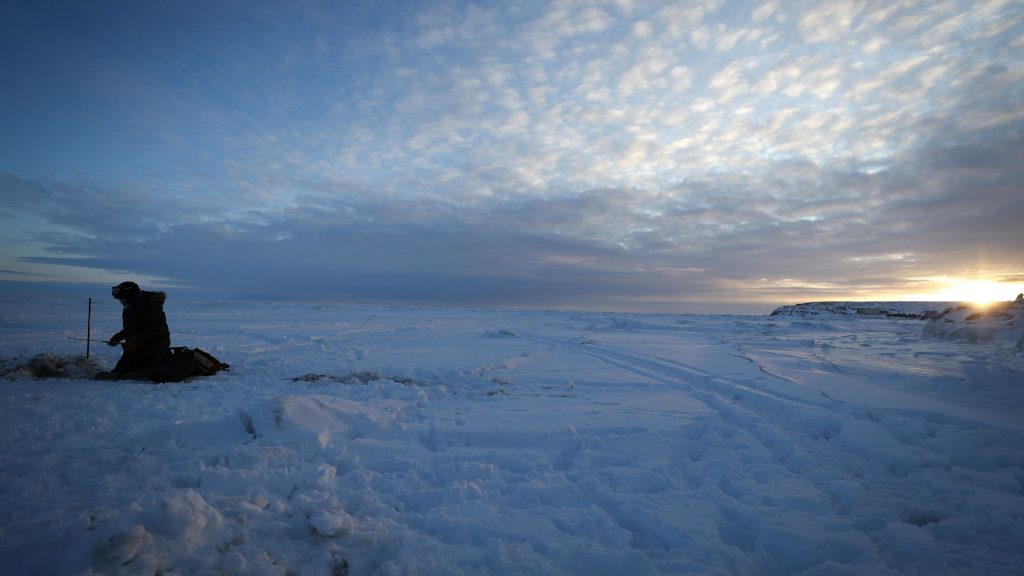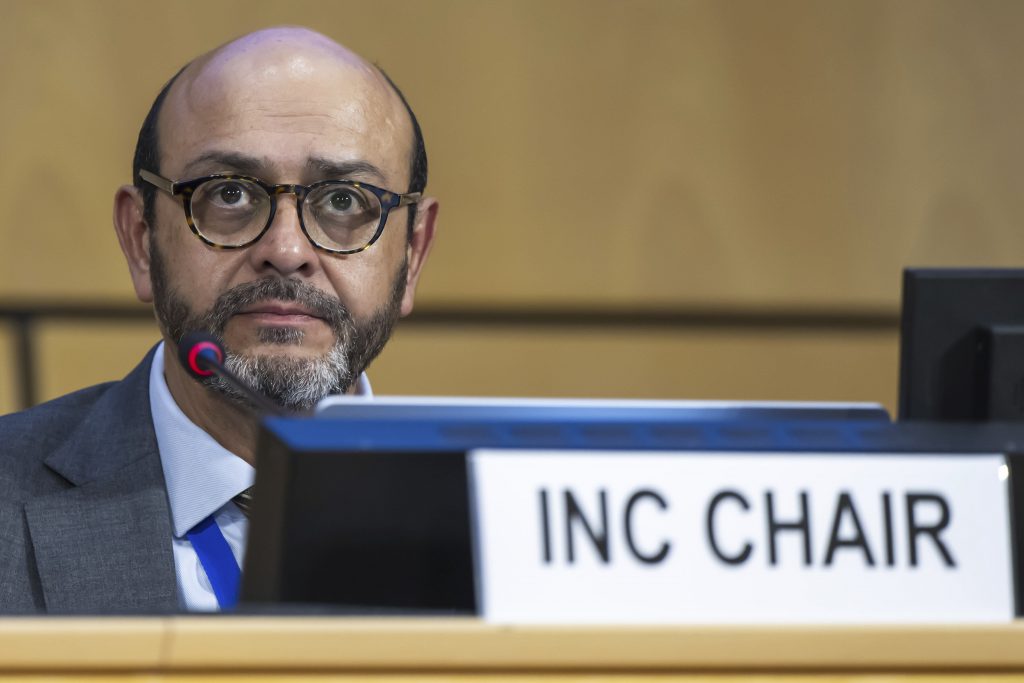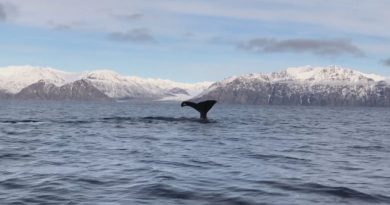Rights must be protected after plastics talks hit stalemate in Geneva: Inuit org

Global talks to end plastic pollution may have broken down in Geneva this month — but Inuit leaders say the latest draft text at least recognizes Indigenous rights.
The Intergovernmental Negotiating Committee’s (INC) fifth and supposedly final round of plastics treaty talks, known as INC-5.2, ran August 5–15 in Switzerland but ended without an agreement.
“The INC 5.2 has been a true roller coaster,” said Sara Olsvig, international chair of the Inuit Circumpolar Council (ICC).
“The ambition of a global plastics treaty failed in several terms.”
In the final hours, negotiators introduced a new draft treaty. Earlier versions omitted Indigenous Peoples’ rights, but after heavy lobbying from the Indigenous Caucus, ICC said stronger references were added.
“This means that we have a stronger foundation now, than when we arrived in Geneva,” Olsvig said.

ICC said it was disappointed both that consensus could not be reached on binding rules for plastic production, harmful chemicals, or financing, but also that Indigenous representatives were given only 30 minutes to speak during the opening plenary and barred from most technical or informal talks.
Arctic impacts
The ICC represents about 180,000 Inuit across Alaska, Canada, Greenland, and Russia’s Chukotka region.
Microplastics are a growing issue in the Arctic as they’ve been detected in Arctic snow, sea ice, and seawater — and are showing up in the animals Inuit depend on for food and culture.
“We both need a strong treaty that minimizes the exponentially growing pollution from plastics, and includes a human rights-approach, addressing the disproportionate harms on the health and well-being of Inuit and other Indigenous People,” Olsvig said.
Next steps
Negotiations on the global treaty began in 2022 and were meant to wrap up by the end of 2024.
When talks broke down this month, the UN’s International Negotiation Committee on Plastic Pollution expressed disappointment at the impasse but stressed that countries wanted to continue negotiations.

New talks are expected in 2026.
“The text presented at the late hours of negotiations [this month] should form the foundation for continued negotiations, so we uphold the strengthened language on the rights of Indigenous Peoples,” Olsvig said
“ICC will continue engaging actively in the advocacy for an ambitious and global legally binding treaty to end plastics pollution.”
Related stories from around the North:
Canada: Cotton fibres, microplastics pervade Eastern Arctic, study finds, The Canadian Press
Finland: Citizens’ initiative prompts Finnish lawmakers to consider microplastics ban, Yle News
Iceland: Arctic Council group lobs GPS-bugged capsules into Atlantic to track litter trajectories in the North, Eye on the Arctic
Norway: Plastic waste has increased in the Barents Sea, study shows, The Independent Barents Observer
Sweden: Swedish raft made from trash draws attention to plastic pollution, Radio Sweden
United States: Industry launches campaign to free oceans from plastic… how serious is it?, Alaska



